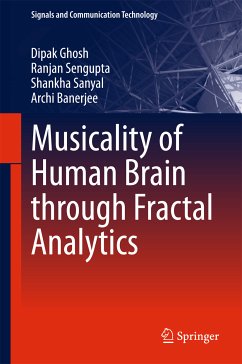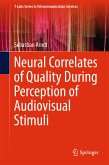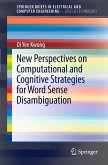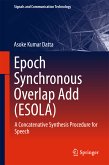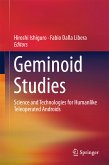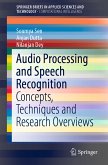This book provides a comprehensive overview of how fractal analytics can lead to the extraction of interesting features from the complex electroencephalograph (EEG) signals generated by Hindustani classical music. It particularly focuses on how the brain responses to the emotional attributes of Hindustani classical music that have been long been a source of discussion for musicologists and psychologists. Using robust scientific techniques that are capable of looking into the most intricate dynamics of the complex EEG signals, it deciphers the human brain's response to different ragas of Hindustani classical music, shedding new light on what happens inside the performer's brain when they are mentally composing the imagery of a particular raga. It also explores the much- debated issue in the musical fraternity of whether there are any universal cues in music that make it identifiable for people throughout the world, and if so, what are the neural correlates associated with the universalcues? This book is of interest to researchers and scholars of music and the brain, nonlinear science, music cognition, music signal processing and music information retrieval. In addition, researchers in the field of nonlinear biomedical signal processing and music signal analysis benefit from this book.
Dieser Download kann aus rechtlichen Gründen nur mit Rechnungsadresse in A, B, BG, CY, CZ, D, DK, EW, E, FIN, F, GR, HR, H, IRL, I, LT, L, LR, M, NL, PL, P, R, S, SLO, SK ausgeliefert werden.
Es gelten unsere Allgemeinen Geschäftsbedingungen: www.buecher.de/agb
Impressum
www.buecher.de ist ein Internetauftritt der buecher.de internetstores GmbH
Geschäftsführung: Monica Sawhney | Roland Kölbl | Günter Hilger
Sitz der Gesellschaft: Batheyer Straße 115 - 117, 58099 Hagen
Postanschrift: Bürgermeister-Wegele-Str. 12, 86167 Augsburg
Amtsgericht Hagen HRB 13257
Steuernummer: 321/5800/1497
USt-IdNr: DE450055826
Bitte wählen Sie Ihr Anliegen aus.
Rechnungen
Retourenschein anfordern
Bestellstatus
Storno

